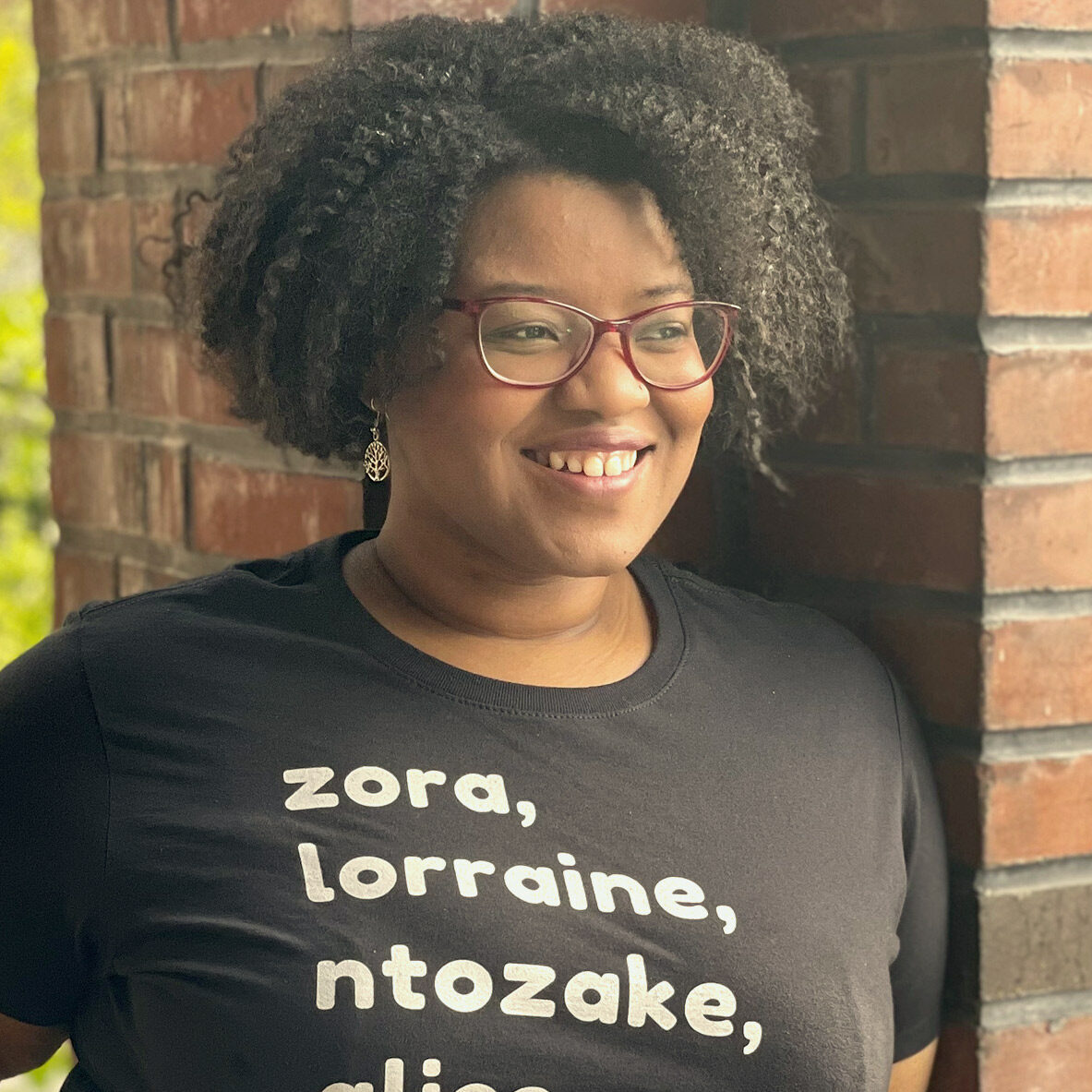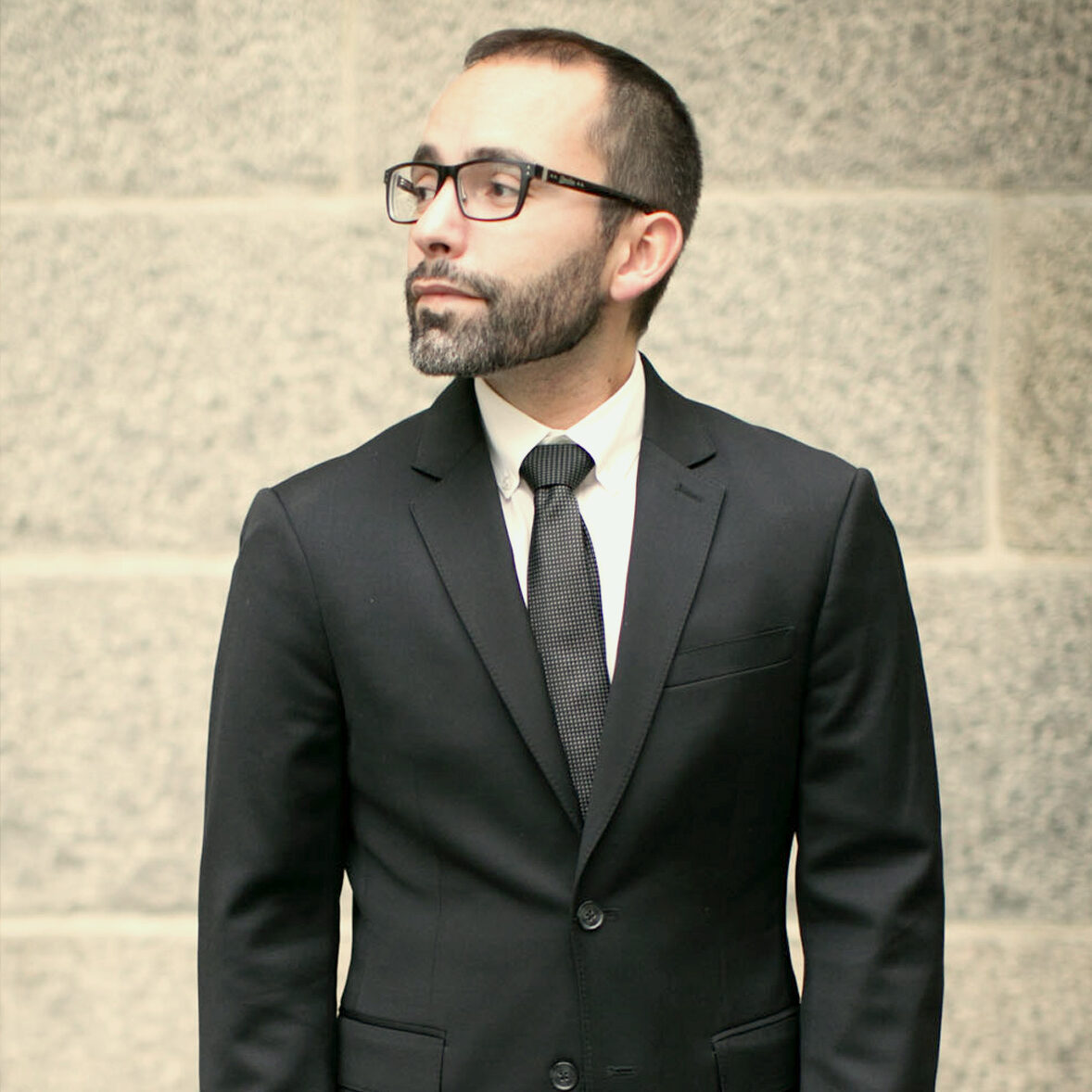How has/will the experience at Harvard Extension School help you in your career or personal development?
The Harvard Extension School experience is the gift that keeps on giving. Because I was changing my career, the first benefit of my experience is the network and cohort of people with whom I studied. I’ve been able to cultivate a great group of friends who are almost as dedicated to my success as I am. My classroom experience was amazing. Many of my instructors were not teaching writing as they saw it; they were teaching writing as it could enhance our voices. At Harvard, I was able to find the authorial voice I knew I had but never could seem to develop. As a result, I feel prepared to create work in many different media and to assist others on their creative journeys.
What was the most challenging aspect of your time at Extension? What was the most rewarding?
The most challenging aspect was being away from people who know exactly what I was going through. Usually, when on campus, you have a place to visit, a congregating hub, where you can show up, give “the look,” and everyone knows that that test just kicked your butt or this research project is driving you crazy. No words need to be spoken. But because Extension is mostly remote, it often feels like you’re alone.
However, on the flip side of that, it taught me to rely on myself and focus on my feelings to use them to accomplish the next goal. I believe the most rewarding part of my experience has been the growth in the confidence I have in myself both as an academic and a writer.
In what ways did the Covid-19 pandemic affect you over the past year? How did you manage those challenges?
On a very superficial level, COVID-19 affected my last year in that it prohibited my ability to visit campus again. But on a psychological level, like most of us, it was trying. During this time, several people in my family contracted COVID-19, and I lost someone very dear to me. There was also the worry that it was affecting Black and Brown people at a higher rate. To constantly face that fear and familial worries while studying “Race in a Polarized America” and writing my thesis (a creative work) was often overwhelming. The certificate and master’s program both pulled me in totally different directions emotionally and the state of the world exacerbated it. Many times, I found myself mentally paralyzed and had very few, if any, words to communicate that feeling.
I would be lying if I gave you a definitive method for managing that other than prayer, great friends, and family love. Oh, and many, many hours of meditating.
How did you manage to balance your studies with work and family responsibilities?
My Type A personality came in so handy here. I’m a Trello user (online planning application). At the beginning of each semester, I noted what each instructor required of me weekly and long-term deadlines. I set my deadlines a minimum of four days before theirs.
Then, I color coded all the roles in my life: student, founder and producer of a social justice organization, writer, language teacher, assistant director, freelance project manager, and human. Under each of those colored tabs, I put every task (big or small) I needed to do to accomplish my goals. Each week, I made sure to put at least one-two items of each color on my weekly to-do list. This ensured that I didn’t neglect any role. It also forced me to do something for my “human” side, whether that was rest, exercise, have drinks with a friend, or hug my parental units.
Full disclosure, I wasn’t always successful at this, but it worked more than it didn’t.
Do you have a favorite class or faculty member? Why?
I honestly have about five favorite instructors and faculty members, so this seems a little unfair to answer, but I’ll try. Jane Unrue (who I have since referred to as Queen Jane) was one of my favorites. I’ll focus on her because she was my first. The Fundamentals of the Craft was the best way to start my experience—not only because it taught me the basics, but because it was here that Queen Jane encouraged me to look at my stories and characters through so many lenses. Her teachings are ones that I use when writing in all media.
Do you have any advice for new students?
Know why you chose your program and work to get all you can to achieve that end. You can be the author of your experience.
I chose Harvard because I wanted to be a better writer. I intentionally did not set out to be a better “novelist,” but a writer. Because of that, I crafted a program that taught me to write plays, teleplays, essays, feature films, and more. My portfolio is better because I knew why I chose Harvard, and I continually sought to fulfill my academic needs.
Describe your Extension School experience in one word.
Transformative.
This interview has been edited for length and clarity.

